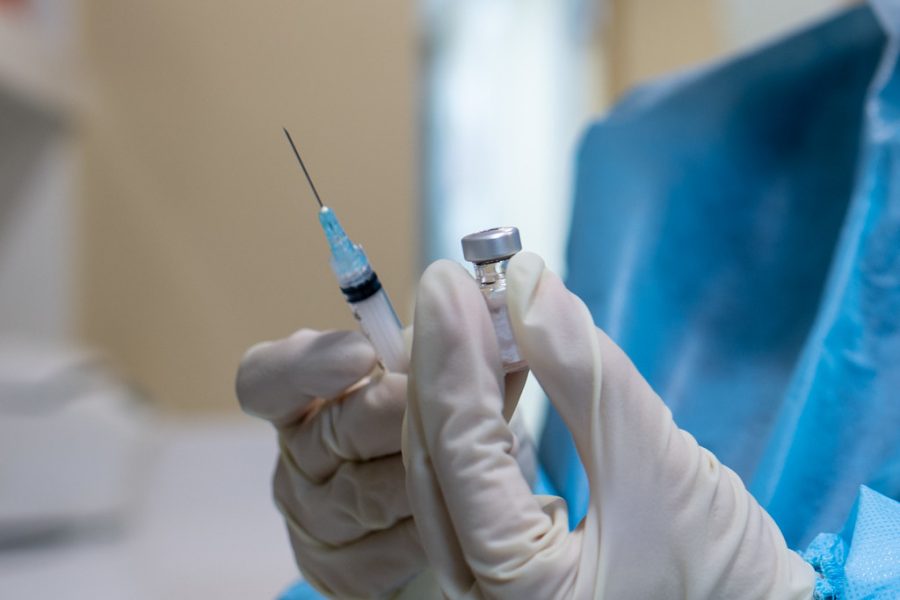Mpox is no longer a public health crisis in the US
February 13, 2023
Mpox — previously named Monkeypox – is no longer considered a public health crisis. In January, the Biden administration was able to work with the Department of Health and Human Services to pull every lever to stop the spread of Monkeypox resulting in the declaration of mpox to no longer be a public health crisis.
“Given the low number of cases today, HHS did not renew the emergency declaration. But we won’t take our foot off the gas,” said an HHS spokesperson. “We will continue to monitor the case trends closely and encourage all at-risk individuals to get a free vaccine.”
The United States was initially unprepared for the outbreak. In the early summer of 2022, U.S. case numbers began to grow; the public health response resembled early Covid-19 outbreaks. The virus had been rarely seen outside of Africa so most American doctors weren’t sure how to recognize mpox or how to test for it.
Addressing mpox was initially difficult as there were limited doses of vaccines, untested treatment, and difficulty accessing the at-risk population.
The 2022 outbreak of mpox had 30,000 cases and 26 deaths — the majority being men. The first cases were believed to be through a network of gay and bisexual men.
Treatments believed to be effective were already available at the beginning of the outbreak. Treatments and vaccines were deployed initially for the smallpox due to its similarity with the new virus.
The JYNNEOS vaccine became the option for men having same sex relationships as protection against mpox. TPOXX as an antiviral treatment were also made available.
Initially there were smallpox vaccine shortages causing the U.S. to adopt a reduced vaccine strategy where a fifth of a normal two-dose vaccine would be administered intradermally, leading to 1.18 million doses being administered.
The Centers for Disease Control and Prevention identified men who have sex with men as being at the highest risk of infection, and officials warned of unprotected sexual activity. They also noted that people could be infected through contact with contaminated surfaces like sheets or towels.
The LGBT community was able to handle the crisis as the community experienced similar issues during the HIV Crisis. One of the practices that they have used was to reduce their levels of sexual activity. The CDC and Human Rights Campaign (HRC) both lauded the community for their practices during the emergency.
The number of cases peaked in Aug. 2022 with 450 cases per day and the U.S. took the global lead with over 30,000 cases. The virus quietly wound down with an average number of daily new cases reported to the CDC hovering in single digits.
Comparability, the World Health Organization (WHO) reported that cases in Europe, Western Pacific and Asia are also declining but still rising in some South American countries.
Even with the sudden spread of the virus still a mystery, the mpox outbreak taught many countries lessons about the handling of the virus that had once only been seen in Africa.






